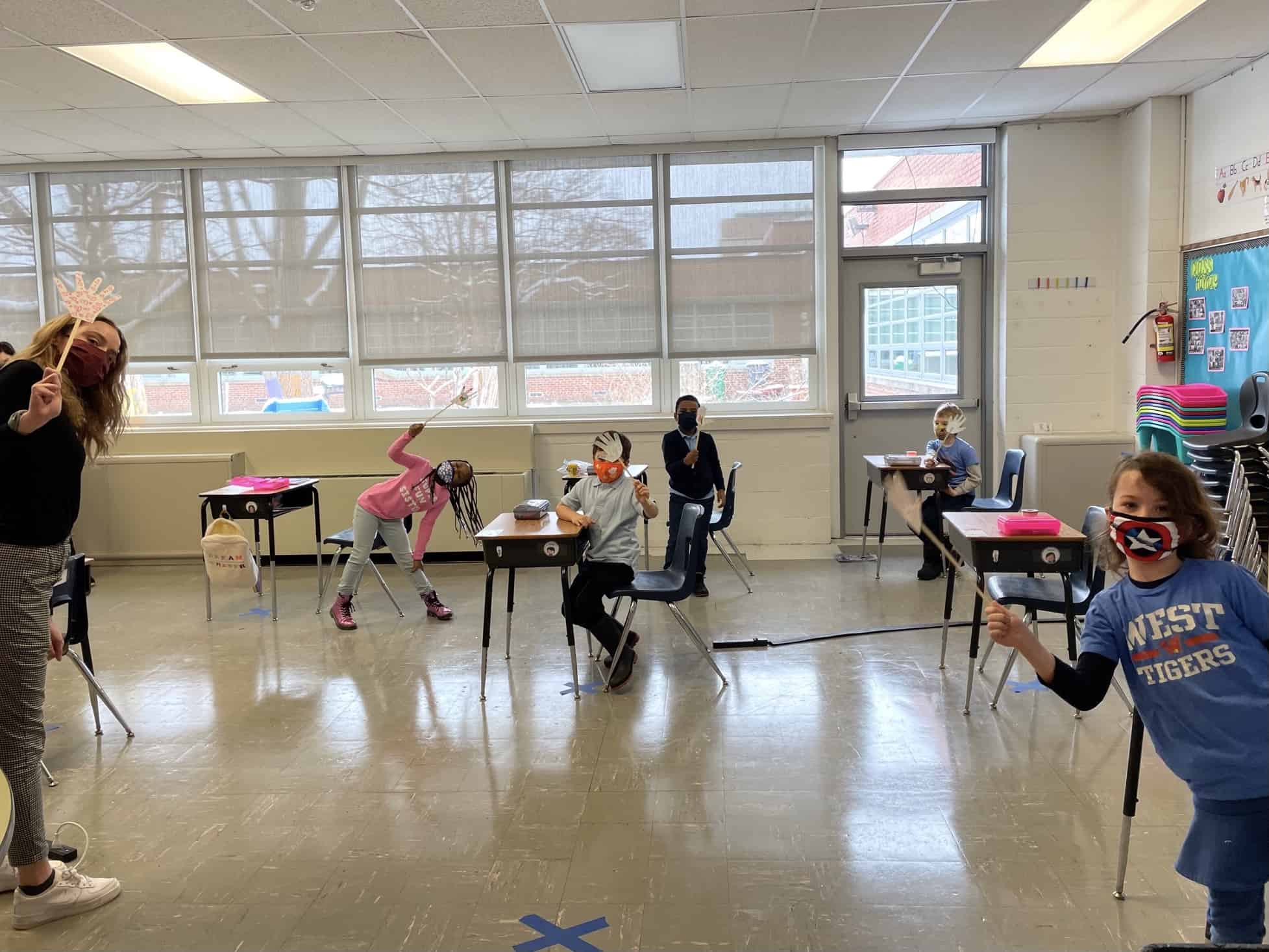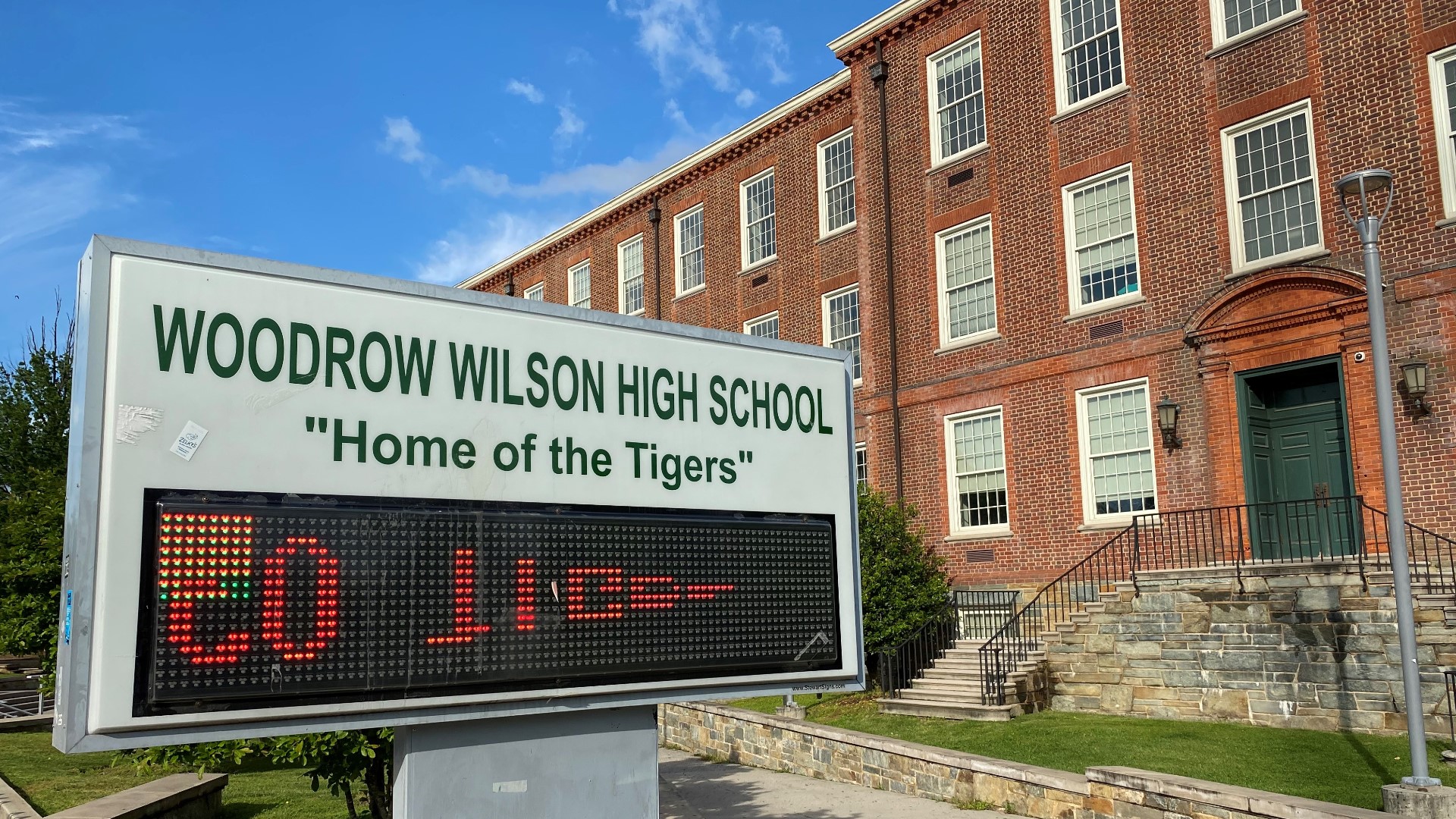Comprehensive Guide To DC Public Schools: Empowering Education For Every Child - DC Public Schools operates under a unique governance model that combines centralized leadership with local autonomy. The Chancellor of DCPS oversees the system, working closely with the Mayor of Washington, D.C., to set priorities and implement policies. Additionally, each school has its own leadership team, consisting of principals, teachers, and support staff, who are responsible for day-to-day operations. Furthermore, DCPS invests in professional development for teachers, equipping them with the skills and knowledge to effectively integrate technology into their lessons. This commitment to innovation ensures that DCPS remains at the forefront of educational technology, preparing students for the demands of the 21st century.
DC Public Schools operates under a unique governance model that combines centralized leadership with local autonomy. The Chancellor of DCPS oversees the system, working closely with the Mayor of Washington, D.C., to set priorities and implement policies. Additionally, each school has its own leadership team, consisting of principals, teachers, and support staff, who are responsible for day-to-day operations.

Community engagement is a cornerstone of DC Public Schools' success, with partnerships between schools, parents, and local organizations playing a critical role in supporting student achievement. By fostering collaboration and encouraging active participation from all stakeholders, DCPS creates an environment where everyone has a stake in the educational process.
According to recent data, DCPS has made significant progress in areas such as graduation rates, standardized test scores, and college readiness. However, challenges remain, particularly in addressing disparities in outcomes for underrepresented groups. Continued monitoring and analysis of these metrics will be essential in guiding future reforms and initiatives.
Extracurricular activities play a vital role in the DC Public Schools experience, offering students opportunities to develop leadership skills, foster teamwork, and pursue personal interests. From athletics to music, theater to robotics, DCPS provides a wide array of options for students to engage in beyond the classroom.
DC Public Schools has a rich history that dates back to the mid-19th century. Established in 1804, the system has undergone significant transformations over the years, adapting to the changing needs of its students and community. From its early days as a small network of schools to becoming a leading public education system, DCPS has consistently evolved to meet the demands of modern education.
Data plays a critical role in evaluating the effectiveness of DC Public Schools and identifying areas for improvement. Key statistics and performance metrics provide insight into student achievement, teacher quality, and overall system performance, helping stakeholders make informed decisions about the future of education in Washington, D.C.
Funding disparities remain a significant challenge for DC Public Schools, with some schools receiving more resources than others. To combat this issue, DCPS has implemented initiatives aimed at redistributing resources and ensuring that all schools have access to the tools and materials they need to succeed.
This guide aims to provide an in-depth analysis of DCPS, covering everything from its curriculum offerings and extracurricular activities to its approach to addressing educational disparities. Whether you are a parent seeking the best options for your child or an educator looking to enhance your understanding of the system, this article will serve as a valuable resource.
Through partnerships with universities, businesses, and nonprofit organizations, DCPS continues to innovate, exploring new approaches to teaching and learning that benefit both students and educators. These efforts demonstrate the system's adaptability and commitment to continuous improvement.

DC Public Schools offers a comprehensive curriculum designed to prepare students for success in college, careers, and life. The curriculum spans various subjects, including mathematics, science, language arts, social studies, and the arts, ensuring a well-rounded education for all students. In addition to core subjects, DCPS provides specialized programs such as Advanced Placement (AP) courses, International Baccalaureate (IB) programs, and career and technical education (CTE).
This structure allows for both strategic planning at the district level and tailored approaches at the school level, ensuring that the diverse needs of students are met effectively. Furthermore, the involvement of parents and community members in decision-making processes enhances accountability and transparency within the system.
These partnerships extend beyond traditional boundaries, encompassing businesses, cultural institutions, and government agencies, all working together to enhance the educational experience for DCPS students. Through shared goals and coordinated efforts, DCPS ensures that its students receive the support they need to succeed both inside and outside the classroom.